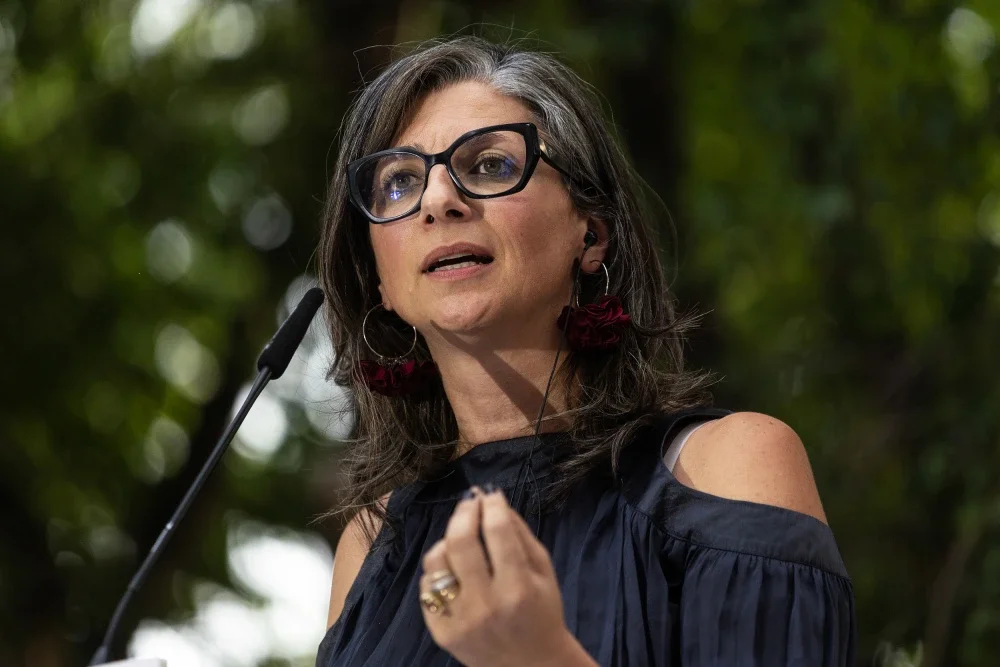
Turning Global Concern
Into Local Action
EarthAction’s mission is to inform and inspire people everywhere to turn their concern, passion, and outrage into meaningful action for a more just, peaceful, and sustainable world.
Global Insights, Local Action
Three decades of
global impact.
Founded at the 1992 Earth Summit, EarthAction turns concern into action for a more just, peaceful, and sustainable world.
We built a global network of over 2,600 organizations across 165 countries, including policymakers and citizens, to execute campaigns on environment, peace, and human rights.
For three decades, this collaborative model has secured landmark international treaties, preserved vital ecosystems, and advanced human rights globally.
Our Projects
-

2020 Action
Informs and empowers Americans to turn concern into meaningful action for a more just, peaceful, and sustainable world. Each month, members receive a concise postcard on a critical peace or environmental issue, with a suggested action they can take. Focused on timely, personal outreach to policymakers, 2020 Action helps citizens make their voices heard because democracy works best when people participate.
-

The Elders Project
Supports the traditional authorities (Mamos) of Colombia’s Sierra Nevada de Santa Marta, home to the Arhuaco, Kogui, Wiwa, and Kanquamo peoples, who face threats of cultural extinction from development and displacement. Founded in 2009, TEP works in partnership with the Mamos to preserve ancestral knowledge, fund cultural preservation projects, and publish recordings and writings of elder wisdom-keepers. Through these efforts, TEP strengthens Indigenous identity and unity in defense of sacred land and tradition.
-

Indigenous Solidarity Fund
This fund supports elders, leaders, and wisdom-keepers of Indigenous groups in Colombia and the Americas as they work to preserve their cultures, practices, and communities. Founded by Jesse Stamell and sponsored by EarthAction, ISF channels global support to Indigenous leaders facing threats to their lands, health, and traditions. Through funding, advocacy, and storytelling, ISF uplifts ancestral wisdom to help heal the relationship between people and the Earth.
-

Palestinian House of Friendship
A politically independent nonprofit in Nablus that serves children, adolescents, and families in the city, nearby villages, and three surrounding refugee camps. PHF promotes democracy, human rights, and peaceful conflict resolution, aiming to cultivate a new generation of civic-minded Palestinian leaders. Its flagship Smiling Faces summer camp supports marginalized youth through arts, sports, and education, all within a framework of conflict resolution and mutual respect.
-

Climate Scorecard
Founded in 2015 by Ron Israel and Lois Barber, is a global climate advocacy initiative that monitors and promotes climate action in the world’s top 20 greenhouse gas-emitting countries. Each month, their team produces Country Spotlight Reports that assess national climate efforts, rate progress, and provide targeted advocacy messages. These reports are compiled into a Global Spotlight Report, shared with thousands of environmental leaders worldwide to inform and influence global climate policy.
Power the Action
Your contribution fuels our global campaigns, turning concern into meaningful, coordinated action for a more just, peaceful, and sustainable world.
Contact Us
Whether you have a question about our campaigns, an idea for a partnership, or simply want to learn more, we would love to hear from you. Please fill out the form to the right, and a member of our team will be in touch shortly.



